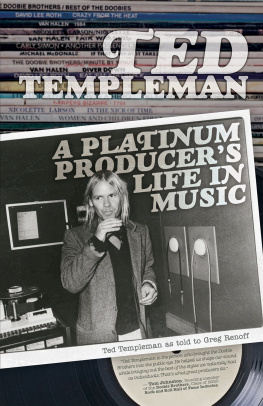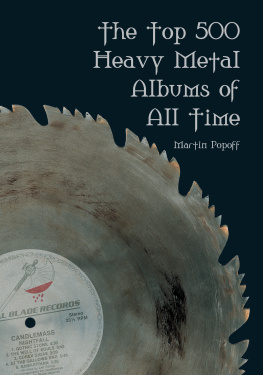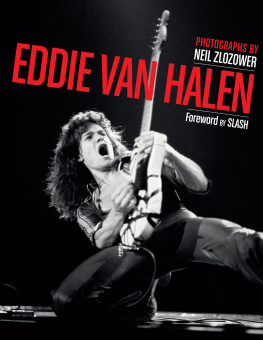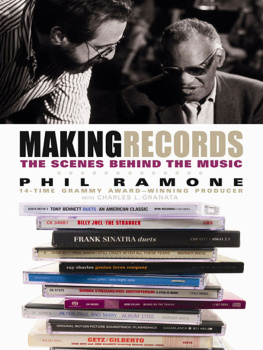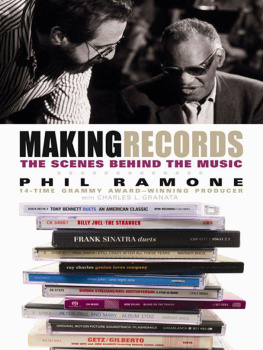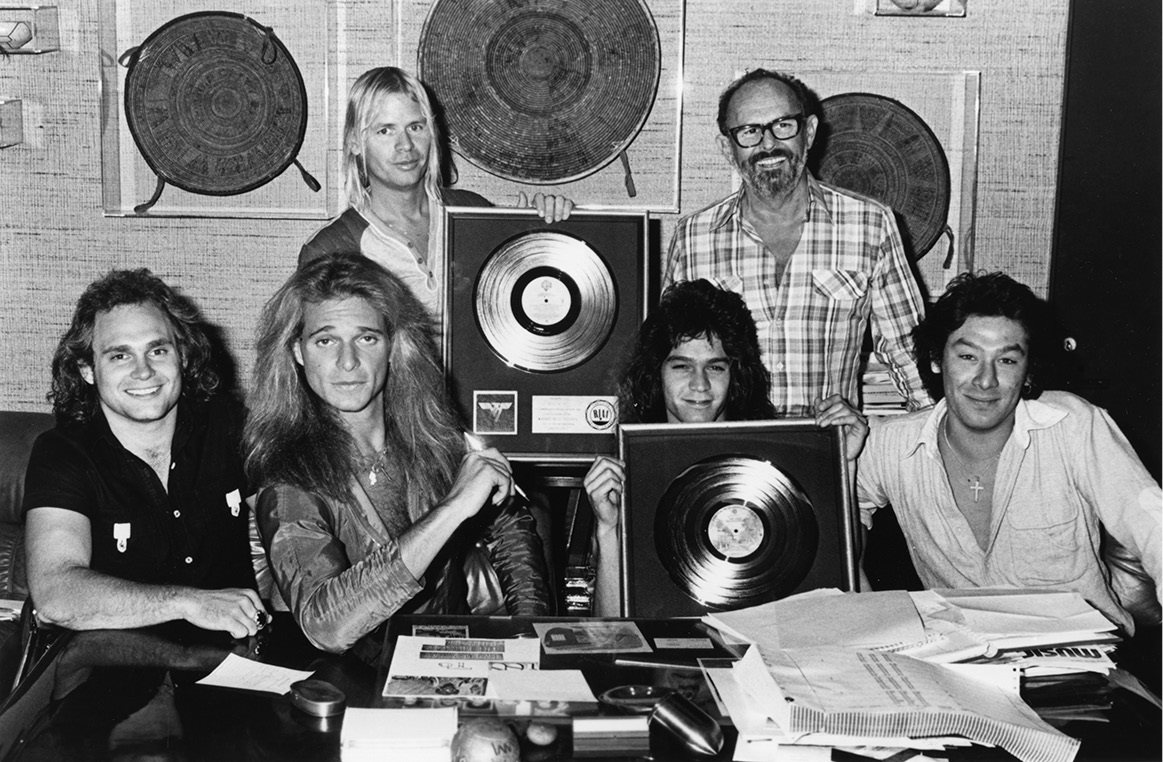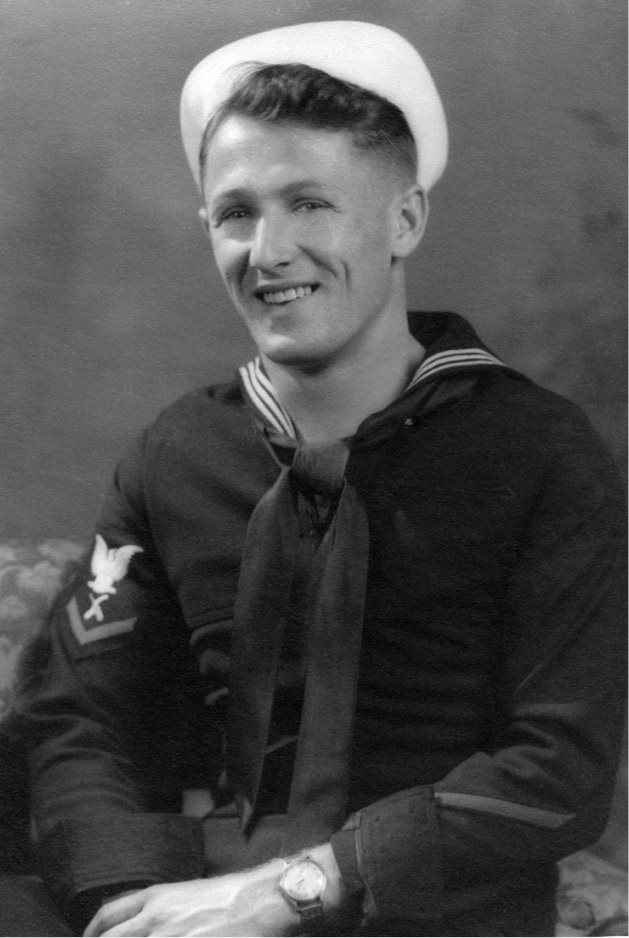Templeman Ted - Ted Templeman: A Platinum Producers Life in Music
Here you can read online Templeman Ted - Ted Templeman: A Platinum Producers Life in Music full text of the book (entire story) in english for free. Download pdf and epub, get meaning, cover and reviews about this ebook. year: 2020, publisher: ECW Press, genre: Non-fiction. Description of the work, (preface) as well as reviews are available. Best literature library LitArk.com created for fans of good reading and offers a wide selection of genres:
Romance novel
Science fiction
Adventure
Detective
Science
History
Home and family
Prose
Art
Politics
Computer
Non-fiction
Religion
Business
Children
Humor
Choose a favorite category and find really read worthwhile books. Enjoy immersion in the world of imagination, feel the emotions of the characters or learn something new for yourself, make an fascinating discovery.
- Book:Ted Templeman: A Platinum Producers Life in Music
- Author:
- Publisher:ECW Press
- Genre:
- Year:2020
- Rating:4 / 5
- Favourites:Add to favourites
- Your mark:
Ted Templeman: A Platinum Producers Life in Music: summary, description and annotation
We offer to read an annotation, description, summary or preface (depends on what the author of the book "Ted Templeman: A Platinum Producers Life in Music" wrote himself). If you haven't found the necessary information about the book — write in the comments, we will try to find it.
This autobiography (as told to Greg Renoff) recounts Templemans remarkable life from child jazz phenom in Santa Cruz, California, in the 1950s to Grammy-winning music executive during the 70s and 80s. Along the way, Ted details his late 60s stint as an unlikely star with the sunshine pop outfit Harpers Bizarre and his grind-it-out days as a Warner Bros. tape listener, including the life-altering moment that launched his career as a producer: his discovery of the Doobie Brothers.
Ted Templeman: A Platinum Producers Life in Music takes us into the studio sessions of No. 1 hits like Black Water by the Doobie Brothers and Jump by Van Halen, as Ted recounts memories and the behind-the-scene dramas that engulfed both massively successful acts. Throughout, Ted also reveals the inner workings of his professional and personal relationships with some of the most talented and successful recording artists in history, including Steven Tyler and Joe Perry of Aerosmith, Eric Clapton, Lowell George, Sammy Hagar, Linda Ronstadt, David Lee Roth, and Carly Simon.
Templeman is a world-famous producer, known for working with Van Halen, Eric Clapton, Aerosmith, Cheap Trick, and Joan Jett. This book recounts Templemans remarkable life: from childhood as a 50s jazz phenom in Santa Cruz to the pinnacle of music industry success during the 70s and 80s as a Grammy-winning music executive.
Ted Templeman is an award-winning music producer who discovered Van Halen and The Doobie Brothers. Greg Renoff was born in the Bronx, grew up in New Jersey, and now lives in Tulsa, Oklahoma. He is the author of Van Halen Rising: How a Southern California Backyard Party Band Saved Heavy Metal. His writing has appeared in Guitar World, LA Weekly, and Vulture, and he and his work have been profiled in Salon, Maxim, and the Boston Herald.
What gave me pause about Jump was my instinctive sense of what defined the Van Halen sound. When I produce an artist, I get a feel for what will likely work -- and not work -- on an album, especially when youve done five with them.
To me, Van Halen wasnt a pop group. Yes, theyd done Dance the Night Away and Pretty Woman, but that was as far afield from their raucous, primitive nature that I wanted them to go. Jump was way too pop to my ears. I wanted them to stay edgy and raw.
As I tried to explain to Ed and the guys, it wasnt that I was anti-keyboards. Remember, I was completely fucking knocked out when Ed played me the piano riff for Cradle at Sunset Sound. Ed had played keyboards on Dancing in the Street. I know it sounds like an odd comparison, but the Jump riff didnt sound like Eds Aint Talkin bout Love riff. Thats the stomping, powerful sound that I thought they should have kept pursuing. Even though Diver Down served its purposes, it was too pop for me. I liked the Fair Warning stuff better. I thought these guys should stay right in that pocket, and not go pop. To me, Van Halen doing Jump seemed analogous to Keith Richards pushing for the Stones to record something sappy like Youve Got a Lovely Daughter by Hermans Hermits right after theyd done Brown Sugar.
The other point I tried to get across that day was about Eds guitar playing. I think Ed recalls this debate as Dave and I wanting to keep him locked into guitar hero mode for the sake of his image. I cant speak for Dave, but that wasnt where I was coming from. His image had nothing to do with my view. Heres the thing. Eds a guitar genius. No one has ever played or ever will play the way that he did on electric guitar. You immediately knew it was him playing something, and he had profound things
Templeman Ted: author's other books
Who wrote Ted Templeman: A Platinum Producers Life in Music? Find out the surname, the name of the author of the book and a list of all author's works by series.

